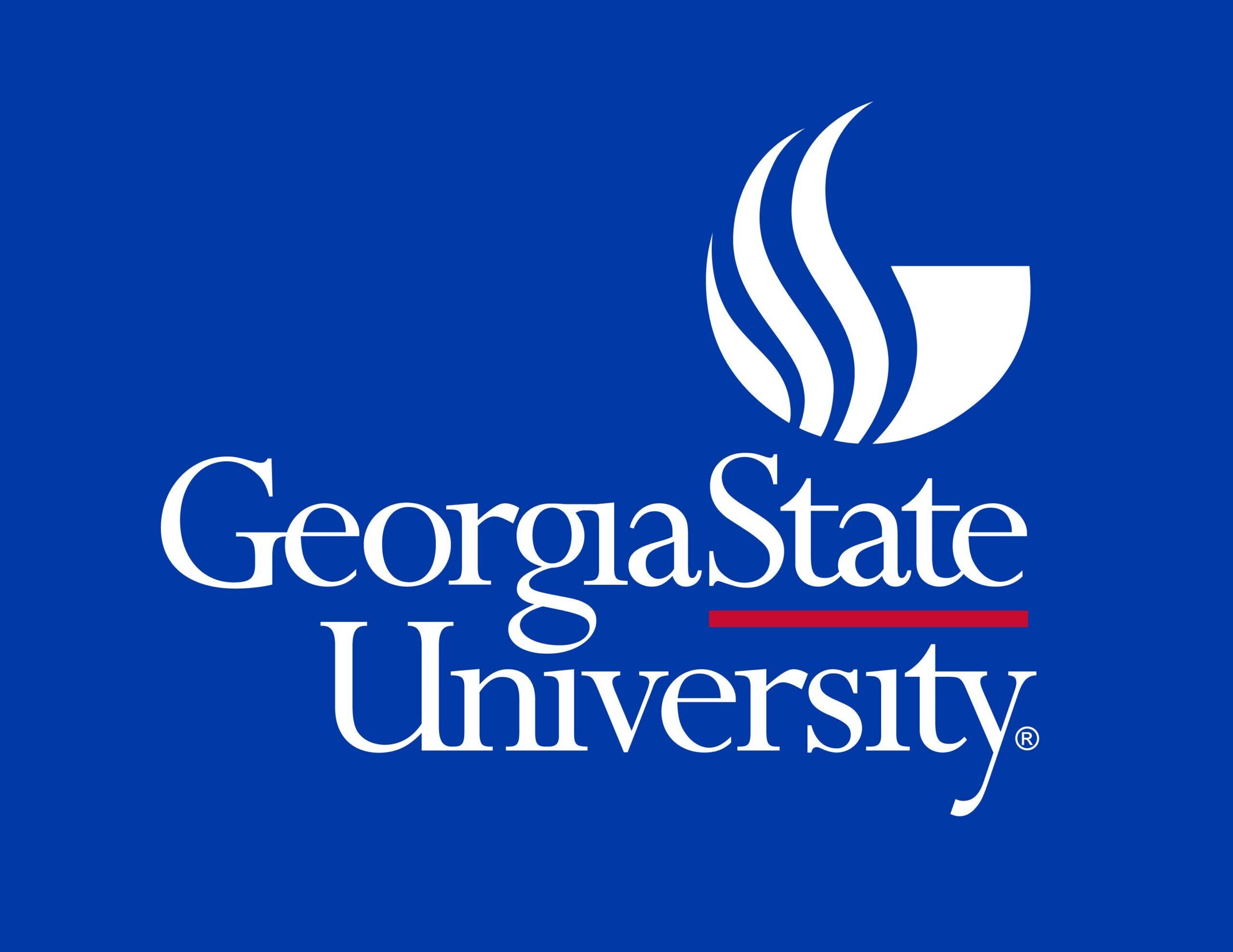While academic life is challenging, when you commit to Georgia State, we commit to guide and support you every single day — from before Freshman Convocation to after graduation. Our novel approach has made us the national model for academic achievement. We’ve even been asked to open our own National Institute for Student Success, where we’ll provide a framework for other universities to follow.
As soon as you enroll, we work to craft the most efficient academic path for you. Your personal success plan highlights your interests and strengths, avoiding avenues that don’t inspire you. That’s why, on average, our students graduate half a semester early and save $18 million collectively on unnecessary tuition.
We call on digital tools like our Graduation Progression Success system, which monitors your daily progress, Early-Alert System, which tells us when you’re struggling, and Pounce chatbot, which answers your questions at the drop of a text. They help us identify potential roadblocks and provide proactive solutions to keep you on track.
Through the University Advisement Center, you’ll be assigned your own academic adviser, who will work with you one-on-one to find your perfect major and help you register for the courses you need and want. You’ll bypass irrelevant classes, allowing you to focus and earn your degree in less time.

